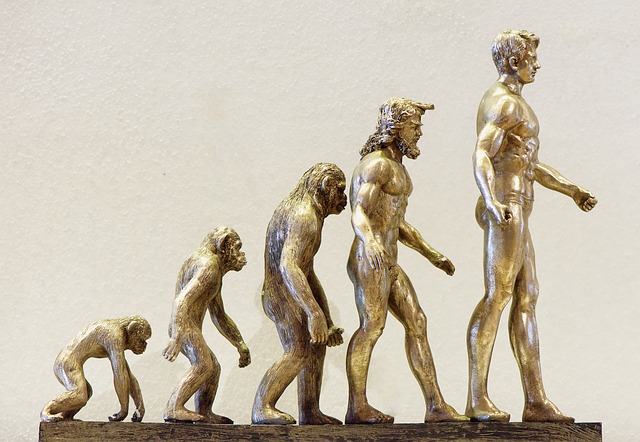Unraveling the Enigma: Understanding in Phenomenology – Bridging Science and Modern Philosophy
In our quest for knowledge, we often encounter the elusiveness of understanding. It’s a concept that transcends mere cognitive recognition; it evokes an emotional resonance that shapes our existence. Nowhere is this more profoundly explored than in the realm of phenomenology, where the interplay between science and modern philosophy allows us to delve deeply into the essence of understanding itself.
Science strives for clarity through empirical data and observable phenomena. It aims to construct a reliable framework of understanding the world around us through methods that can be tested and verified. Science invites us to engage with facts and figures, establishing a foundation that often feels solid and objective. However, as we navigate the complex intricacies of life, it becomes clear that phenomena such as feelings, consciousness, and perception are rarely linear or easily quantifiable. This is where phenomenology enters the conversation, offering a bridge to modern philosophical inquiry.
At its core, phenomenology is concerned with understanding human experience as it presents itself to a conscious observer. It insists on examining the ‘lived experience,’ urging us to suspend our preconceived notions in pursuit of deeper insights. How do our perceptions shape our understanding? How do we construct meaning from our interactions with the world? These are essential questions that phenomenology raises, inviting both scientists and philosophers into a dialogue that reflects our shared human journey.
One of the most enlightening aspects of phenomenology is its emphasis on subjectivity. Unlike the objective approach characteristic of scientific inquiry, phenomenology places personal experience at the forefront. Each individual’s understanding is colored by their unique background, emotions, and thoughts. This perspective resonates with many readers; it reflects the humanness of our experiences — moments of joy, sorrow, confusion, and clarity all intertwined, painting a vivid picture of what it means to understand something truly.
As modern philosophy evolves, it seeks to integrate insights from science while respecting the richness of subjective experience. Philosophers like Maurice Merleau-Ponty and Martin Heidegger remind us that understanding is not only about knowledge acquisition but also about grasping the context and meaning of experience. Their works challenge us to think critically about our realities and the relationships we forge within them. The phenomenological approach encourages us to explore the depths of our consciousness while remaining rooted in the tangible world.
This intersection of science and philosophy provides fertile ground for new avenues of understanding. It invites interdisciplinary collaboration where empirical research continues to inform philosophical thought, and vice versa. By integrating these fields, we create a more holistic framework for understanding — one that acknowledges both the data-driven and the subjective as equally valid forms of knowledge.
Moreover, as we engage with the complexities of our time, this dialogue becomes increasingly vital. In an era marked by rapid technological advancements and a flood of information, the significance of understanding cannot be overstated. We need a framework that allows us to process our experiences meaningfully, ensuring that we do not lose sight of our humanity amidst the noise.
In this unfolding philosophical landscape, we are continuously invited to reflect on our understanding. What does it mean to know? How do we engage with the world around us? Through phenomenology, we are provided a lens that not only deepens our comprehension but enriches our emotional connection to the human experience. It serves as a reminder that the journey toward understanding is as significant as the destination itself, celebrating the complexities and nuances that make us who we are.




